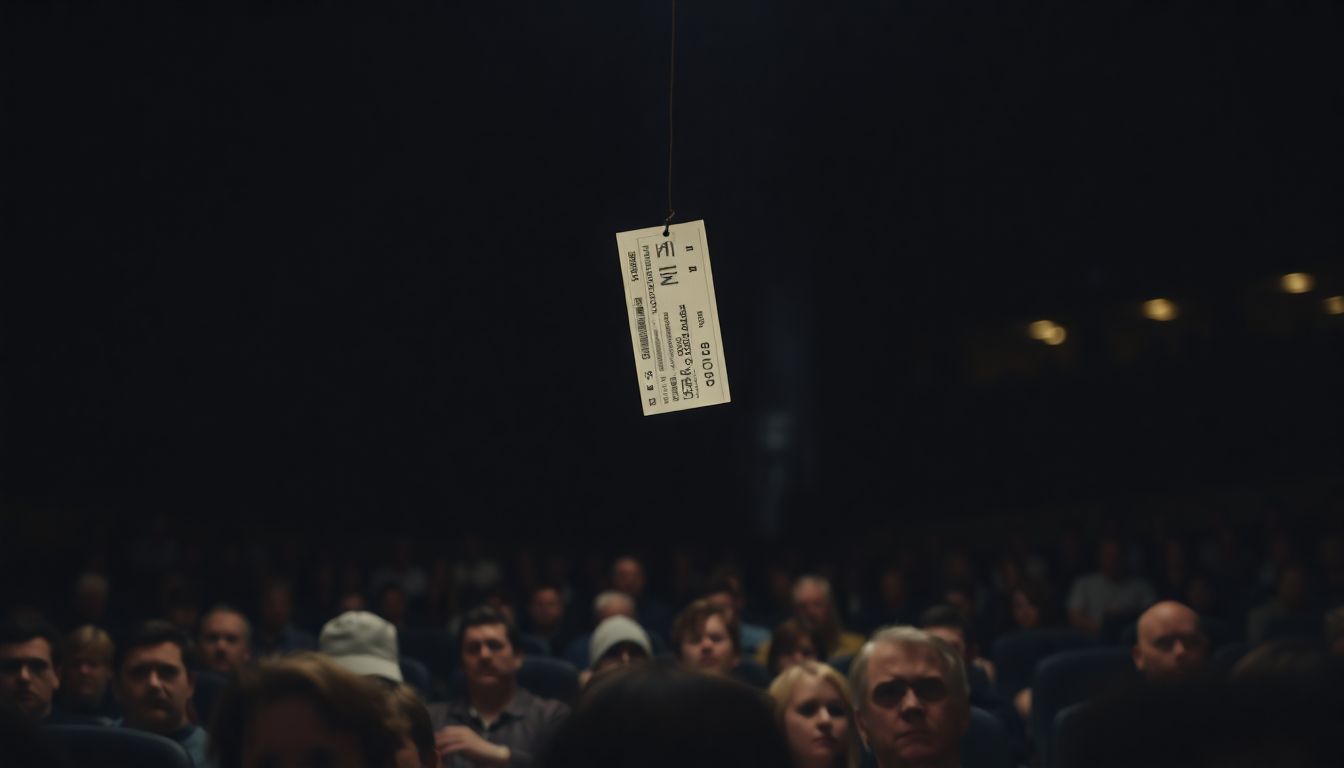
The recent changes in Massachusetts’ ticket transfer law have raised eyebrows among consumer advocacy groups and event-goers alike. While the intention may be to protect consumers, many are concerned that this legislation could do more harm than good, limiting options for those looking to buy or sell tickets.
The Rise of Ticket Resale and its Impact
Over the last decade, the ticket resale market has exploded in popularity. Fans use various online platforms to buy and sell tickets to sold-out events, making it possible for more people to enjoy concerts, sports, and shows. However, this booming business has also led to problems. High demand often causes scalping and inflated prices, prompting states to intervene.
The New Law’s Provisions and Consumer Concerns
Massachusetts has introduced a law that imposes new restrictions on ticket transfers. These rules aim to standardize the process but might inadvertently limit consumer rights. Advocacy groups argue that the law could restrict the ability of event-goers to transfer tickets easily, hurting their access and choices in the long run.
Setting the Stage: Why This Matters to Event-Goers
For many, attending live events is more than just a fun outing; it's an essential part of their social lives. Changes that complicate ticket transfers can prevent fans from sharing experiences and enjoying shows with friends or family.
Understanding the New Ticket Transfer Restrictions
Specific Restrictions on Resale Platforms
Under the new law, ticket resale platforms face tighter regulations. For example, sellers might be required to validate their tickets through official channels, posing a hassle for those just wanting to pass along an extra ticket. This could lead to longer wait times and fewer options for consumers attempting to buy tickets from friends or other fans.
Impact on Secondary Market Prices and Availability
With new rules come potential shifts in the market. The secondary market could see price increases and decreased availability for popular events. This change could make it even harder for fans to find affordable tickets, as fewer sellers might choose to offer tickets for resale.
Consumer Groups' Key Arguments and Concerns
Increased Costs and Reduced Choice for Consumers
Consumer groups are voicing significant fears that the new law will lead to higher prices for tickets. With fewer resale options, fans might find themselves stuck buying tickets at face value or from higher-priced sources, ultimately costing them more.
Potential for Scalping and Fraudulent Activity
Rather than curbing scalping, critics argue that these new restrictions may create more room for fraudulent activity. Limiting where and how tickets can be sold might push desperate fans towards sketchier platforms, increasing the risk of scams or counterfeit tickets.
The State's Rationale Behind the New Legislation
Protecting Consumers from Fraudulent Ticket Sales
Proponents of the law argue that it aims to protect consumers from scams and deceitful practices. By regulating how tickets can be sold and transferred, Massachusetts hopes to create a safer marketplace for fans.
Supporting Official Ticket Vendors
The legislation also seeks to bolster official ticket vendors. By making it harder for unauthorized sellers to operate, the state aims to support the businesses that provide legitimate access to events.
Real-World Examples and Case Studies
Impact on Specific Events in Massachusetts
There have already been noticeable effects on events in Massachusetts. Several concert-goers report difficulties in transferring tickets for sold-out shows, leading to frustration among fans unable to gather a group for events they had planned to attend.
Experiences of Consumers Affected by the New Law
Stories from affected consumers highlight the law's adverse impact. One individual shared how they had to scrap plans to attend a concert because they could not transfer their extra ticket. Such instances underscore the law’s potential to disrupt experiences for genuine fans.
Expert Opinions and Legal Analysis
Quotes from Consumer Protection Advocates
Consumer protection advocates voice strong concerns about the law’s implications. One expert stated, “While the intention behind these regulations may be good, the execution leaves much to be desired. Event-goers deserve options, and this law limits their choices.”
Commentary from Legal Experts on the Law's Implications
Legal analysts emphasize that the law, though well-meaning, could lead to unintended consequences. They argue that the restrictions may not effectively eliminate scalping, instead complicating the legal landscape for both consumers and vendors.
Navigating the New Law: Tips for Event-Goers
Strategies for Securing Tickets Legitimately
To navigate the new landscape, fans should familiarize themselves with official ticket vendors. Staying informed about the latest policies and platforms can help event-goers secure tickets without falling prey to scams.
Understanding Your Rights as a Consumer
Consumers must know their rights. Familiarizing oneself with the law can empower event-goers to advocate for themselves and make informed choices when purchasing or transferring tickets.
Conclusion: The Future of Ticket Resale in Massachusetts
As Massachusetts' new ticket transfer law unfolds, the potential challenges it presents for consumers cannot be ignored. While the intent may be to protect ticket buyers, the possible implications raise significant concerns.
Key Takeaways for Consumers
- Increased costs and limited resale options could hinder access to events.
- Be aware of your rights and explore official ticket platforms.
Call to Action: Engaging in Public Discourse
Consumers should actively engage in discussions about the impact of this new legislation. By voicing their concerns, fans can influence future laws and advocate for policies that truly benefit event-goers.


